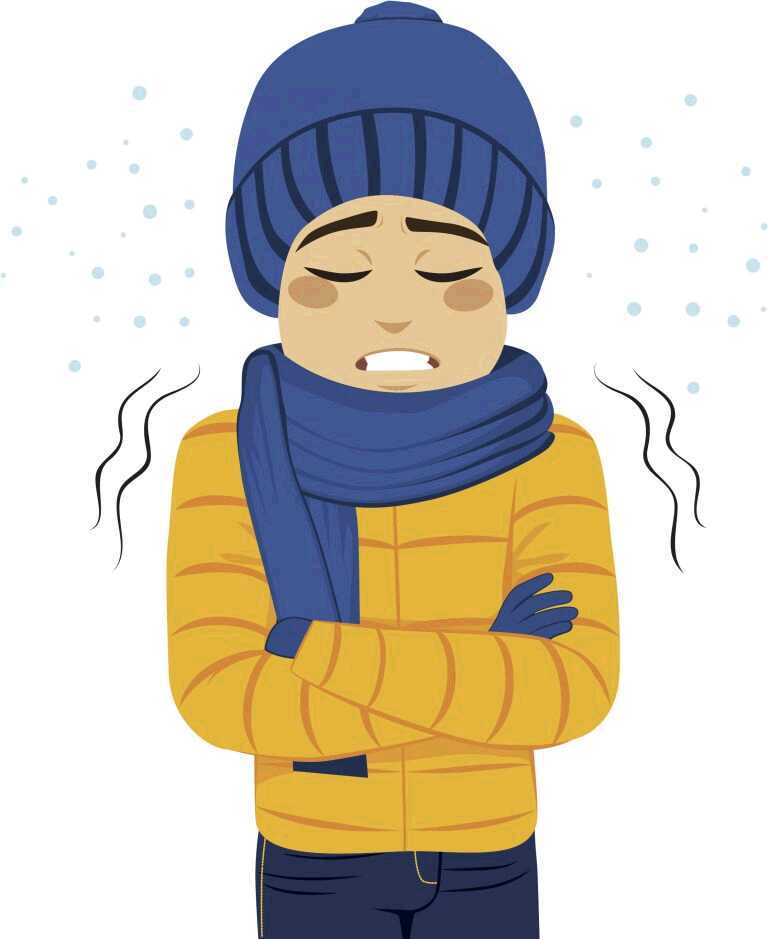
People with diabetes are likely no strangers to the sensation of waking up disoriented and dizzy. Although blood sugar lows are not ideal, they do happen, particularly as your body rests and processes overnight. While waking up in a cold sweat is certainly not a pleasant experience, most diabetics chalk it up to a bout of low blood sugar and move on. Low blood sugar, however, may not be the sole source of blame.
Body Temperature Regulation
The human body is best viewed as a device wired for electricity. Temperature regulation is the process during which heat is generated and kept going in order to create the electrical impulses required for your body’s organ systems to function at their optimal levels. When the electrical impulses become overwhelmed, your organs may experience something akin to an over-charged battery burning out, while a low heat source prompts a response similar to having a loose wire.
Ultimately, body temperature regulation is one of the most important functions of your body. It is often taken for granted because in a healthy individual, body temperature is regulated and managed without thought or effort, but chronic illnesses and conditions can disrupt your body’s ability to properly heat and cool—including diabetes.
 Diabetes & Body Temperature
Diabetes & Body Temperature
If you’ve ever found yourself sweating profusely in a cool room, you may have been perturbed but shrugged it off. Similarly, you might have ignored uncontrollable shivering in a well-heated room and considered a bout of the flu as the most likely suspect. It may be, though, that your body’s ability to safely and effectively regulate temperature has been altered by your body’s response to diabetes.
The failure to regulate body temperature is called “dysautonomia,” and ranges from severe (needing hospitalization or immediate treatment) to mild. If you’ve noticed that your body seems to consistently react outside the realm of “normal” to temperatures by sweating profusely in cool weather or shivering in warmth, your metabolic disorder may be the cause.
Dysautonomia Treatment
Fortunately, most cases are easy to treat. Some require that you simply take measures to ward against over- or under-heating by bundling up whenever necessary or wearing cool, breathable fabrics. Others require consistent monitoring by your doctor or yourself, keeping a close eye on any diabetes-related trends that provoke a spell of dysautonomia. Few require consistent hospitalization or medication. Although this is just one in an extensive list of possible diabetes complications, it is growing increasingly common in diabetes patients, and should not be ignored.
ReferencesNCBI. Accessed 6/23/17.
